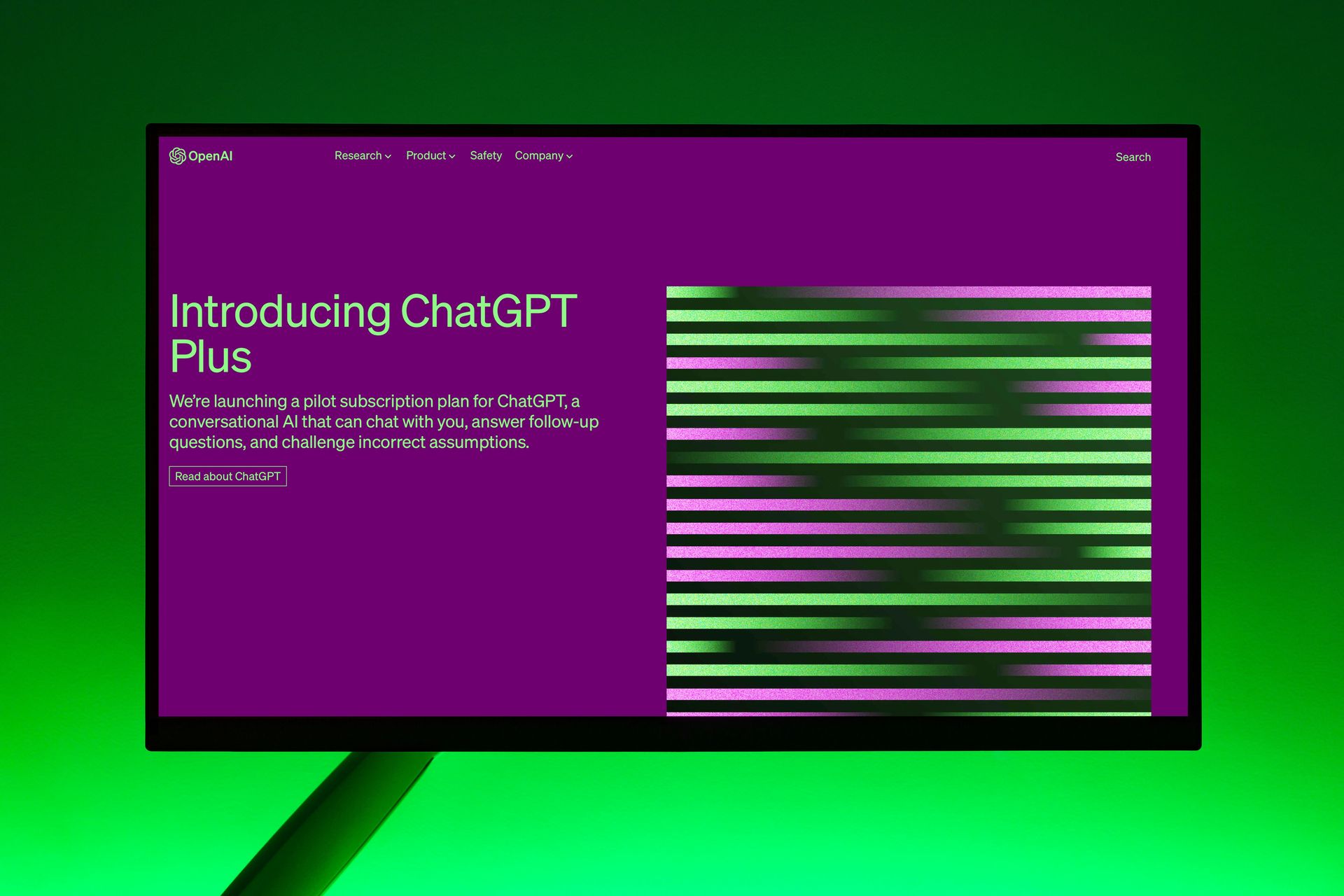Updated Work Safely Protocol
Updated Work Safely Protocol
It has been some time now since the Government released the Return to Work Safely Protocol, setting down the many safety measures which Employers were recommended to take in order to protect their employee’s against the spread of COVID-19.
With many workplaces once again reopening their businesses, this document has recently been revised. As before, the document sets down the minimum measures required in every workplace to protect against the spread of COVID-19 and to facilitate employers re-opening their workplaces.
The main updated Public Health advice includes information on the management and control of outbreaks, selection of hand sanitisers, wearing of masks and ventilation of workplaces. The Protocol contains links directing employers and employees to a range of government departments and agencies where additional and more detailed information and guidance can be sourced.
Below are some of the new additions included;
LEAD WORKER REPRESENTATIVES
Whilst many employers will already have introduced one, the protocol sets down the requirement for a ‘Lead Worker Representative’ (LWR). The purpose of this role is to work closely with you as the employer and assist with the monitoring and implementation of the measures within the protocol. Communication within the workplace of who the designated LWR is, is important, as is ensuring that relevant training is provided.
SYMPTOMS
The Protocol updates the common symptoms to include the following;
• a fever (high temperature - 38 degrees Celsius or above).
• a new cough – which it now specifies can be any kind of cough, not just dry.
• shortness of breath or breathing difficulties.
• It also now includes loss or change in your sense of smell or taste – this means you’ve noticed you cannot smell or taste anything, or things smell or taste different to normal
SPREAD OF VIRUS
New information on how the virus is spread is detailed within the Protocol, highlighting that the virus can be spread on both surfaces where droplets have landed on them, as well as through airborne transmission, which can occur over a longer distance and persist for a longer time within a room. However, it notes that airborne transmission does not seem to have a major role in the spread of COVID-19. The importance of ventilation by keeping windows and doors open where possible is emphasised as a preventative measure.
Of note is that COVID-19 (coronavirus) can survive:
• up to 72 hours on plastic and stainless steel
• less than 4 hours on copper
• less than 24 hours on cardboard
IMPLEMENT CONTROL MEASURES
Employers are required to provide hand sanitisers (alcohol or non-alcohol based) where washing facilities cannot be accessed. The Protocol provides an appendix to guide employers in choosing a hand sanitiser.
RESPIRATORY HYGIENE
Employers should provide advice on good respiratory practice including the safe use, storage and disposal of face masks/coverings and the safe cleaning of face coverings and workers are required to adhere to them.
PHYSICAL DISTANCING
Working from home as much as possible is highlighted as part of the Physical Distancing measures advised.
With some employers confused around how to operate pods, the protocol provides an appendix which contains general advice in relation to the safe use of teams/pods.
In meetings employers should keep numbers to a minimum and must maintain physical distancing and proper ventilation at all times and avoid prolonged meetings, as attendees could be considered close contacts should an outbreak occur.
In situations where 2 metres cannot be observed and screens are being used, the protocol notes that screens do not need to be floor to ceiling but should be of an adequate height (e.g. cover a person in a standing position) and width to block the pathway from the nose and mouth to the face and workspace of the other persons. Screens may be fixed or mobile depending on requirements including emergency access and should be regularly cleaned.
PRE-RETURN TO WORK FORM
Employers should have implemented return to work forms in order to identify any employee who may be suffering with symptoms and to prevent the spread of COVID-19.
The Protocol recommends the questions employers should include on their return to work forms, including questions around whether they have symptoms, if they have been diagnosed with COVid-19 in the last 14 days, are they waiting on the results of a test, have they been in contact with a confirmed case, any advice they have received to restrict their movements and whether they have been advised to cocoon.
DEALING WITH A SUSPECTED CASE OF COVID-19 IN THE WORKPLACE
The key message remains that a worker should not attend work if they are displaying any signs or symptoms of COVID-19 or are feeling unwell.
However, while a worker should not attend work if displaying any symptoms of COVID-19, the protocol outlines the steps employers should put in place to deal with a suspected case that may arise during the course of work, including a defined response structure identifying the team responsible for responding to a suspected case, appointing a case manager, identifying an isolation area (with a closed door) in advance and the route to it should be accessible to all including those with disabilities, identify additional isolation areas in the event of multiple cases and plans for handling same.
RISK WORKERS
High risk and very high-risk workers are addressed in the Protocol. Whilst employers should enable workers to work from home where possible, for those who must attend the workplace, the employer is required to ensure they are supported, and physical distancing is maintained.
TRAFFIC LIGHT SYSTEM
An overview of the Travel Traffic Light System which was introduced on the 9th November has been covered within the Protocol.
CONTRACTORS AND VISITORS
Workers, contractors, and visitors where there are restrictions in place for COVID-19 should be required to follow any protocols in place and be mindful of the government guidelines to prevent the spread of COVID-19. Induction and training programs should be provided. The Health and Safety free online course can be used; https://www.hsa.ie/eng/topics/covid-19/covid-19_coronavirus.html
PERSONAL PROTECTIVE EQUIPMENT (PPE)
In the context of COVID-19 risk, employers should check the HPSC website regularly for updates regarding use of recommended PPE.
CUSTOMER FACING ROLES
Employers should implement and adopt public health regulations in relation to use of face coverings in shops, shopping centres and other indoor settings.
Masks should be provided to workers who need to interact with customers/others where a physical distance of 2 metres cannot be maintained.
COMMUNITY SETTINGS
Outside of work, workers should be encouraged to travel alone if using their cars to get to and from work. If this is not possible, workers travelling to/from work together should travel as a team/pod and use face coverings.
Those travelling on public transport to and from work must wear face coverings and follow physical distancing guidelines. In addition, workers who may share accommodation outside of work should be advised to adhere to public health and Government advice.
Outside of work, workers should practice the same IPC measures, physical distancing, hand washing and respiratory etiquette and adhere to the specific requirements of the Resilience and Recovery 2020-2021: Plan for Living with COVID-19 as announced by Government.
Ventilation means the movement of outdoor air into a building, and the circulation of that air within the building or room. This can be achieved through natural means (e.g. opening a window) or mechanical means (e.g. a central heating, ventilation, and air conditioning) which are defined within the Protocol.
The above is just a summary of some of the aspects which were new to the Protocol, however employers are encouraged to read the Protocol and to ensure to adjust their COVID 19 response plan to incorporate any new recommendations.
FURTHER DETAILS ON THE UPDATE OR ABOUT OUR SERVICES MAY BE OBTAINED
FROM: JOHN BARRY/TARA DALY/ HUGH HEGARTY AT TEL: 01 8870690












